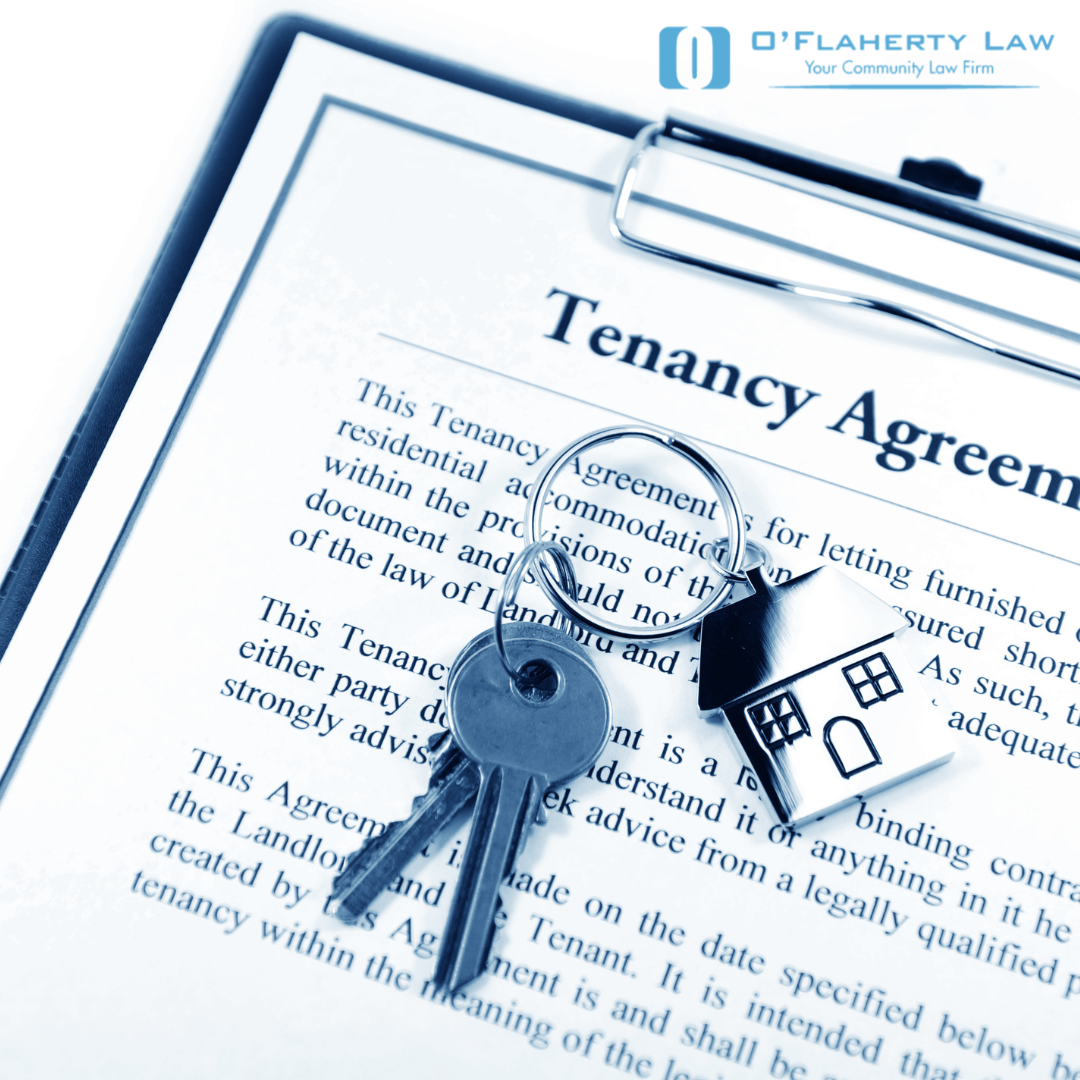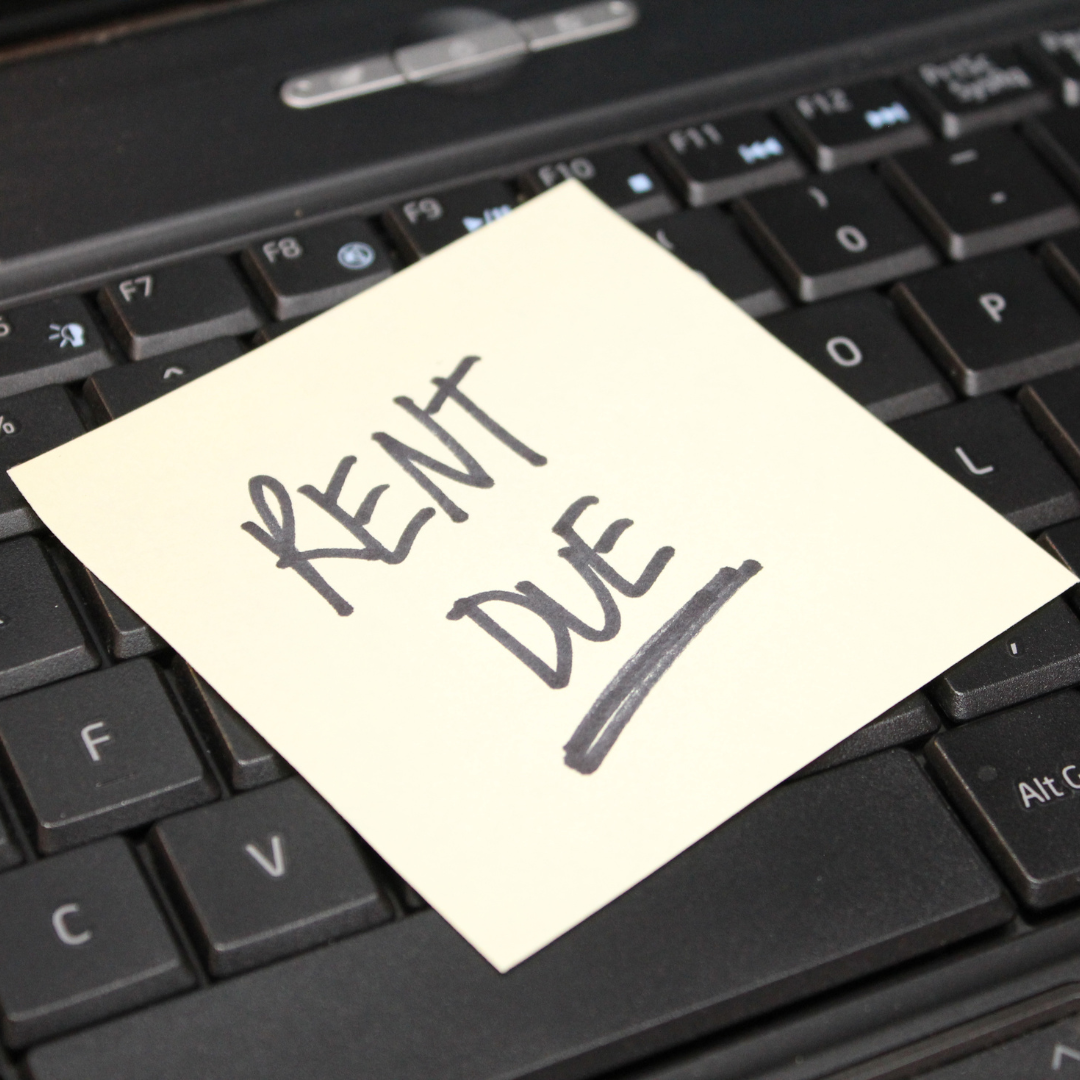
Has your Wisconsin residence experienced an increase in rent suddenly? With no rent control and unclear notification laws, you might feel left in the dark. Your landlord can raise your rent by any amount in Wisconsin, as there are no state laws limiting the increase. This guide will arm you with the critical knowledge and tactics you need to tackle a rent increase head-on—understanding the legal landscape, knowing your rights, and exploring viable options to respond effectively.
Key Takeaways
- In Wisconsin, a 28-day notice is usually required for rent increases, with no raises allowed during fixed-term leases.
- Without rent control laws, Wisconsin's rental rates are market-driven, though leases can include rent control clauses.
- Wisconsin tenants are protected from retaliatory or discriminatory rent increases, with options for legal and financial assistance.
Wisconsin Rent Increases
The relevant Wisconsin law governing rent increases is Wis. Stat. §66.1015. This statute primarily addresses the issue of not allowing rent control in the state. In other words, Wisconsin does not allow rent control as some other states do. Rent control laws dictate how often rent can be raised and how much. While this statute does exist, it does not prevent two parties from agreeing to specific rent control provisions in a private lease agreement. What this means for a private renter is that your landlord can offer you rent control but is only bound to practice rent control in the light of a negotiated and signed agreement, in other words, a written lease agreement for a fixed term, which could be one year or several.

Can My Landlord Raise My Rent Without Notice?
This is a tricky situation. There is no relevant law on the books, so to speak, dictating what kind of notice a tenant is entitled to when the landlord plans to raise the rent. On the other hand, if you are a landlord who starts raising the rent on tenants without adequate notice, you will create more problems than you fix with a rent increase. Typically, if there is a fixed-term lease, the landlord must tell you about the rent increase before renewing the lease. Some tenants may be unable to pay the increased rent and remain in the unit until they go through the judicial eviction process.
Furthermore, if you start raising the rent on tenants without any notice, word will get out, and you will have a tough time renting the property out to new tenants. It is simply good practice to give reasonable notice that a rent increase is coming. The typical format is a letter to the tenant informing them that rent is increasing and by what amount; with a fixed-term lease that is up for renewal, it is usually included with the renewal notice. You will then offer tenants the opportunity to either renew the lease with a higher rent amount or to find different housing. Landlords also often choose to include their reasons for increasing the rent in order to make the rent increase a bit more understandable to the current tenants. So, while there is no specific law saying that landlords have to provide notice, landlords typically do because it’s good business that guarantees a continued pool of tenants to rent to in the future.
The usual period of notice given is usually at least one rent cycle. If the rent is paid every 28 days, then a 28-day notice is considered sufficient. Another consideration is if the landlord raises rent without written notice. That issue is argued at an eviction hearing, and the court would not look kindly at a landlord who raised rent without notice and then tried to evict a tenant for non-payment of that rent.

Can My Landlord Increase My Rent Twice in One Year?
If you are on a month-to-month lease, your landlord can raise your rent more than once a year. If you have a written lease for one year or more, look to the terms in your lease to determine if there will be annual or bi-annual rent increases. You may be out of luck if there is nothing in the lease. The law in Wisconsin does not restrict a landlord from raising rent by any certain amount or how many times the landlord can do it. However, in the case of a fixed-term lease, the landlord will tell you that if you renew the lease, there will be a rent increase.
On the other hand, keep in mind that if a landlord wants to be successful, they will not overcharge the property’s fair market value because if they do, they cannot be competitive. Housing rental websites can be a good source of information for tenants and potential renters, and if they see that a unit is massively overpriced for the area and what you are getting, they will not rent from that landlord. In other words, the landlord may technically be able to raise your rent more than once a year, but they are very unlikely to if they want to keep doing business in your area. If you suspect that the landlord is raising your rent more than once a year, there are possible actions you can explore that are covered later in the article.
Is There a Limit to How Much My Landlord Can Raise My Rent in Wisconsin?
There is no law in Wisconsin prohibiting a landlord from applying rent increases in certain amounts. The landlord can raise your rent to whatever amount they choose. However, as stated above, a landlord making incredibly high rent increases can create many problems for the landlord. The landlord will have more difficulty finding tenants to rent from them. If there is a fixed-term lease and the landlord includes the rent increase in the renewal notice, it is unlikely that tenants will renew the lease, and now the landlord has to find a new tenant to rent the unit. The landlord may have to pay to get the current tenants evicted for non-payment of the increased rent. The landlord could potentially have to defend themselves in a lawsuit related to the rent increase if it is found that the rent increase results from discriminatory or retaliatory behavior on the landlord’s part.

Is There Any Reason I Can Fight a Rent Increase?
There are ways you can fight a rent increase in Wisconsin, but you will have to prove your case. In Wisconsin, a landlord may not increase the rent based on certain factors, for instance:
- the landlord cannot raise the rent based on your race, disability status, or religious preference
- the landlord cannot raise the rent in retaliation for reporting a problem with the landlord
Race, disability status, and religious preference factors speak for themselves. If the landlord raises the rent because they simply do not want you in the unit, and you can prove that it is because of your race, disability status, or religious preference, then you will be able to fight to keep the rent the same, if you wish to remain in the unit.
You may also have an actionable claim if the landlord raises the rent in retaliation. In a nutshell, if you report the landlord for code violations or for not maintaining the rental unit as they should under state law, any adverse action they subsequently take against you could be considered retaliatory. Typically, this is seen in a type of case called a “retaliatory eviction,” where a landlord tries the evict a tenant who has reported them for code violations or not keeping the rental property safe and habitable. Another version of this that may offer you some protection from a rent increase is the possibility that it is retaliatory. The catch here is that it must be the landlord retaliating for something that they are legally required to do that you, the tenant, had to make them do. You cannot go into court and claim a rent increase is retaliatory simply because you believe the landlord does not like you or like you living in the unit.
If you are having problems with your current landlord and suspect that the landlord may be acting in contradiction with the law, you should reach out and schedule a consultation with an experienced landlord tenant attorney in Wisconsin. You may not have a defense against a rent increase, but there are many potential issues between a landlord and tenant that a good attorney can assist you with. Feel free to reach out to O’Flaherty Law if you are having trouble; we would be happy to help you.














.jpg)
